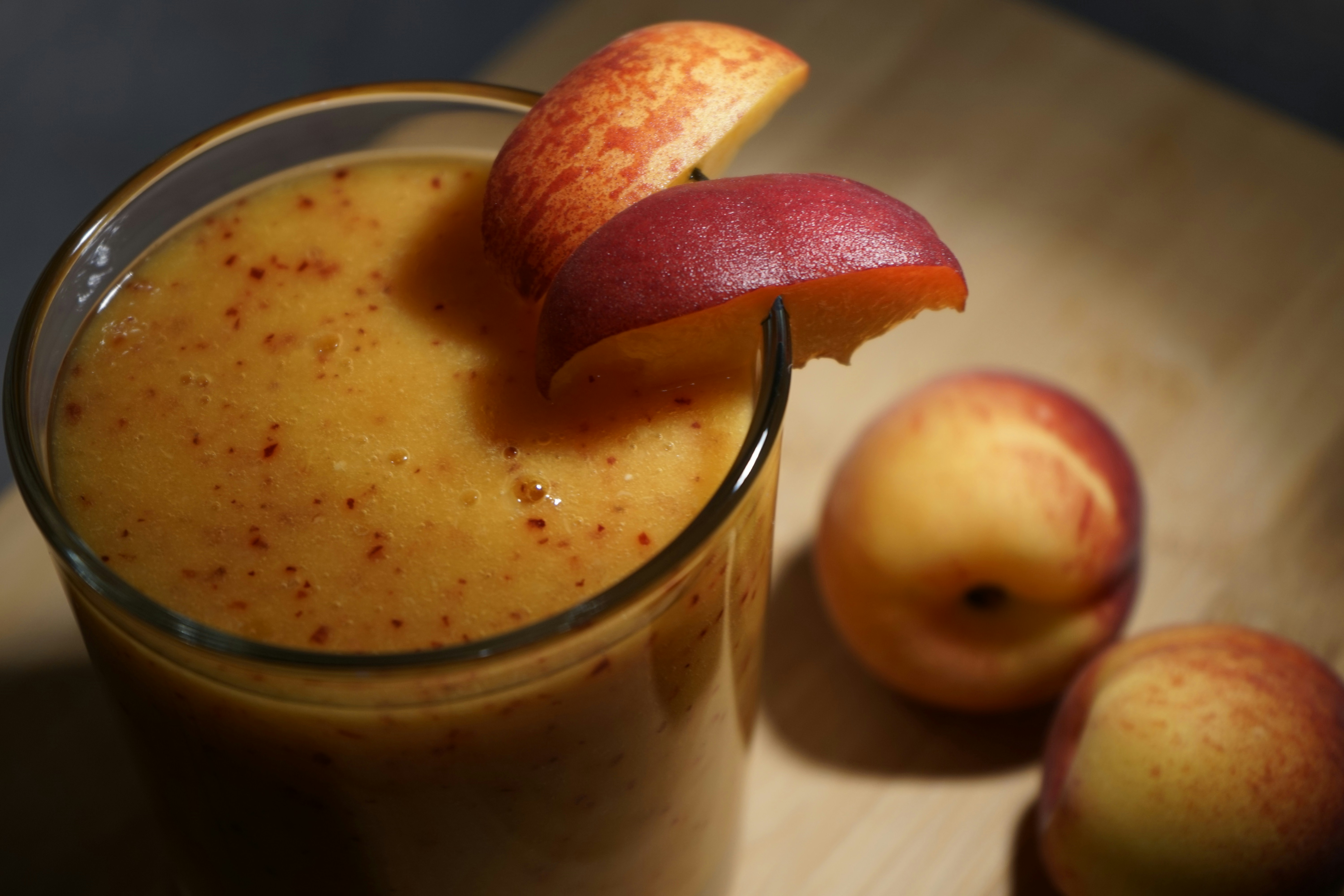Have you ever wondered how the food on your plate might be influencing your gut health, specifically concerning oxalates? It might sound like a riddle only nutritionists talk about, but understanding how oxalates interact with your body is quite crucial. Especially if you’re one of the many who face gut issues or if you simply have a growing curiosity about the body’s complex systems. There’s something fascinating about how certain compounds, like antioxidants, might play a superhero role in managing these microscopic compounds that could be causing chaos in your gastrointestinal tract.
Understanding Oxalates
Let’s kick things off by getting to know oxalates a bit better. Oxalates, or oxalic acid, are naturally occurring compounds found in many foods. They can be present in a variety of items in your diet, ranging from those beloved leafy greens to certain nuts and seeds. While these foods can be part of a healthy diet, what often gets overlooked is how they affect some people’s bodies differently.
Where Do Oxalates Come From?
Primarily, oxalates are found in plant-based foods. Foods high in oxalates include spinach, rhubarb, beet tops, and even some nuts. But they’re not just dietary; your body can also produce oxalates endogenously as a metabolic byproduct. So, if you’re thinking that cutting out certain foods will rid oxalates entirely from your system, think again—it’s also an internal production issue.
How Do Oxalates Affect Your Gut?
You might be asking yourself, “Why are oxalates such a big deal for the gut?” When consumed, oxalates can potentially bind with calcium in your stomach and intestines, forming insoluble compounds. These may then lead to various health issues, such as kidney stones, or trigger inflammatory responses within your gastrointestinal tract. People with certain health conditions or those prone to kidney stones might find their gut health especially challenged by a high-oxalate diet.
Enter the Antioxidants: The Guardians of Gut Health
On the flip side, antioxidants are like the vigilant guardians you want hanging around. They play a crucial role in defending the body against oxidative stress, which can occur when there’s an imbalance between free radicals and antioxidants in your system. Oxidative stress can exacerbate gut issues by damaging cells, proteins, and DNA. Therefore, the presence of adequate antioxidants in the diet might counteract the potential oxidative damage caused by oxalates.
Common Sources of Antioxidants
Fruits and vegetables are your best allies here. Berries, in particular, are rich in antioxidants. You’ve got blueberries, strawberries, and raspberries all lining up to help defend your body. Nuts, seeds, and even dark chocolate offer their own unique antioxidant profiles. Incorporating a diverse array of these foods can ensure you get a good mix of antioxidants to potentially protect against gut havoc caused by oxalates.
The Antioxidant-Oxalate Relationship
Now, don’t you just love it when food science gets all interconnected? Antioxidants can sometimes mitigate the issue oxalates pose to gut health. Their main role is to neutralize free radicals, so they prevent oxidative stress and potential inflammation in the gut. By doing so, they could ease some of the discomfort or prevent the aggravation caused by oxalates.
Strategies for Managing Oxalate-Induced Gut Issues
Anyone dealing with gut issues needs a robust strategy to help manage their symptoms. Incorporating a low-oxalate diet doesn’t mean cutting out entire categories of foods but making informed choices. Here’s where you can fine-tune your eating habits.
Adopting a Low-Oxalate Diet
For those sensitive to oxalates, reducing intake can seem daunting. Yet, by maintaining a balanced perspective, you avoid unnecessary restrictions while still promoting gut health. Rather than dropping spinach cold turkey, consider how you can balance meals with lower-oxalate options. You could opt for kale or broccoli, which are often touted as healthier due to their lower oxalate content.
Balancing Calcium Intake
Believe it or not, calcium might be your friendly sidekick in this mission. By including calcium-rich foods, you can help prevent oxalate absorption in the gut. Think about adding dairy, or if you’re lactose intolerant, calcium-fortified alternatives like almond or coconut milk. Calcium can bind with oxalates and help form compounds that exit your body more easily, thus potentially reducing issues.
Educating Yourself and Others
A big part of effectively managing your health comes from staying informed and being proactive. Understanding oxalates is one piece of the puzzle, but staying educated about your health can make a significant difference.
Seeking Professional Guidance
When dealing with gut health issues, consulting with healthcare professionals like nutritionists or dietitians can offer invaluable insights. They can provide individualized advice and recommendations based on your unique dietary needs and health situation.
Sharing with Your Community
Sometimes, sharing your insights and experiences with others can spark a conversation that helps more people understand their gut health. You might find that swapping stories and advice can support a community of individuals dealing with similar health challenges.
The Bigger Picture of Health
While focusing on oxalates and antioxidants is essential, remember to consider the broader picture of health and well-being.
The Role of a Balanced Diet
A balanced diet serves as the foundation for good health. It ensures that you’re getting all the necessary nutrients your body needs to perform optimally. Beyond oxalates and antioxidants, maintaining a diverse intake of fruits, vegetables, proteins, and healthy fats contributes to overall wellness.
Lifestyle Factors
Equally important are the lifestyle factors that interplay with your diet. Regular physical activity, hydrated living, and managing stress effectively can favorably influence your gut and overall health. Sometimes, lifestyle alterations can make substantive differences.
Exploring the Future of Dietary Science
Research continues to evolve when it comes to understanding the complexity of gut health. This means opportunities for better management practices and potentially novel insights into how diet and lifestyle influence your body.
Innovative Studies and Findings
Ongoing studies into antioxidants and their role show promise for advanced dietary recommendations. Staying abreast of the latest discoveries can help you adopt practices that support your long-term health goals.
Personalized Nutrition
The future of dietary science might hold a more personalized approach to nutrition, where dietary plans are tailored around individual genetic makeup, gut biome, and specific health challenges.
Conclusion
So, as you walk away from this, armed with knowledge about the role of antioxidants in managing oxalate-induced gut issues, embrace the proactive steps you can take for better health. By understanding your body, listening to its needs, and staying informed, you’re already on the path to a healthier, more balanced lifestyle. It’s not about making drastic changes but finding what fits best for you and sticking to it. Remember, your body’s health journey is as unique as you are, and every small adjustment leads to bigger well-being in the long run.




